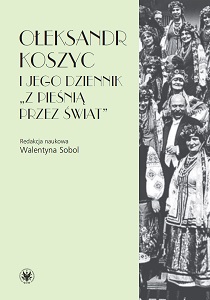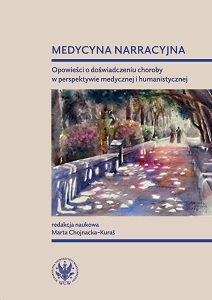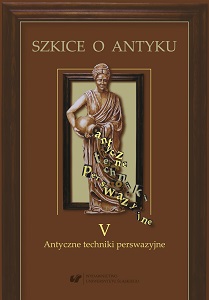
Ołeksandr Koszyc i jego dziennik "Z pieśnią przez świat"
The first Polish language edition of selected fragments of the diary by Alexander Koshetz – world-famous Ukrainian musician, for a long time forbidden in his native country, where he was not allowed to return since he and his ensemble toured Europe and the Americas.
More...

